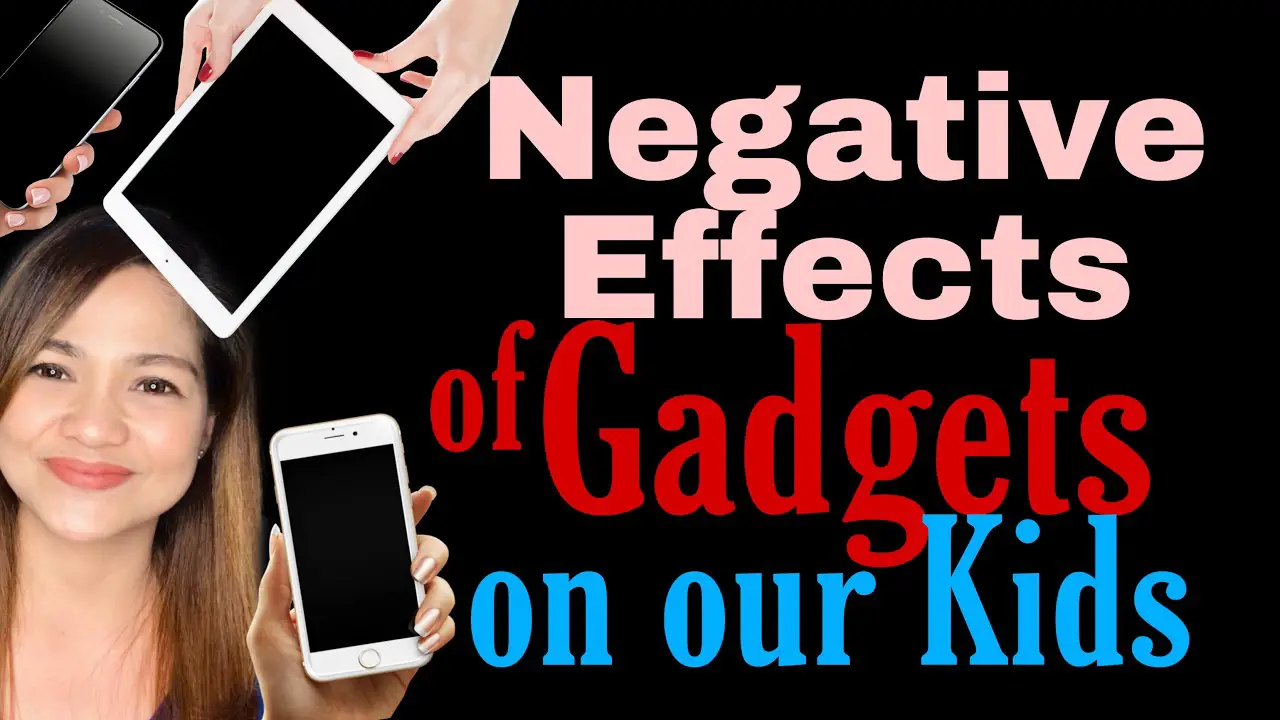Internet-Based Language Learning Platforms are online tools that facilitate language acquisition through digital resources, interactive activities, and multimedia content. Emerging in the late 20th century, the first notable platforms, such as Rosetta Stone (1992), pioneered the shift from traditional classroom methods to web-based language education. These platforms leverage the internet’s vast resources to offer a dynamic and immersive learning experience, enabling users to acquire proficiency in a new language. Over the years, platforms like Duolingo (2011), Babbel (2007), and Memrise (2010) have gained prominence, utilizing gamification, artificial intelligence, and community features to enhance engagement. The evolution of Internet-Based Language Learning Platforms mirrors the broader trend of digitization in education, providing learners with flexibility, accessibility, and personalized learning experiences. As technology continues to advance, these platforms remain instrumental in shaping the landscape of language education, accommodating diverse learning styles and catering to a global audience.
Here’s a comprehensive exploration of various internet-based language learning platforms:
1. Duolingo:
- Definition: Duolingo is a popular language learning platform that offers a gamified approach to language education. It covers a wide range of languages and utilizes a combination of text, audio, and visuals to teach vocabulary and grammar.
- Official Website: Duolingo
- Launch Date: 2011
2. Rosetta Stone:
- Definition: Rosetta Stone is one of the pioneers in language learning software. It focuses on immersive language learning by using pictures, audio, and text to teach users in a way that mimics the process of learning their first language.
- Official Website: Rosetta Stone
- Launch Date: 1992
3. Babbel:
- Definition: Babbel is an online language learning platform that emphasizes practical, real-life conversations. It tailors lessons to the learner’s native language and uses speech recognition technology to enhance pronunciation.
- Official Website: Babbel
- Launch Date: 2007
4. Memrise:
- Definition: Memrise combines video and audio with mnemonic techniques to help users remember vocabulary and phrases. It incorporates user-generated content and focuses on making language learning engaging and fun.
- Official Website: Memrise
- Launch Date: 2010
5. Busuu:
- Definition: Busuu is a social language learning platform that connects users with native speakers for language exchange. It also offers interactive language courses and features to improve vocabulary, grammar, and pronunciation.
- Official Website: Busuu
- Launch Date: 2008
6. Lingodeer:
- Definition: Lingodeer is an app that employs game-like lessons to teach various languages. It covers grammar, vocabulary, and sentence structure, focusing on a comprehensive learning experience.
- Official Website: Lingodeer
- Launch Date: 2016
7. italki:
- Definition: italki is a language learning platform that connects learners with language tutors via video chat. It offers personalized, one-on-one lessons, allowing students to practice speaking and receive immediate feedback.
- Official Website: italki
- Launch Date: 2007
8. FluentU:
- Definition: FluentU uses real-world videos, such as music videos, movie trailers, and news, to teach languages in context. It provides an immersive experience, helping learners pick up vocabulary and cultural nuances.
- Official Website: FluentU
- Launch Date: 2011
9. Tandem:
- Definition: Tandem is a language exchange app that connects language learners with native speakers worldwide. It allows users to practice speaking, writing, and listening with language partners.
- Official Website: Tandem
- Launch Date: 2015
10. HelloTalk:
- Definition: HelloTalk is a language exchange app that facilitates communication between language learners and native speakers. It includes text, voice, and video chat features, along with correction and translation tools.
- Official Website: HelloTalk
- Launch Date: 2013
11. BBC Languages:
- Definition: BBC Languages provides free online language courses, audio, video, games, and other resources for learning various languages. It covers essential vocabulary and cultural insights.
- Official Website: BBC Languages
- Launch Date: –
12. OpenLanguage:
- Definition: OpenLanguage offers language courses with a focus on practical, everyday conversations. It includes lessons, podcasts, and interactive exercises to enhance language skills.
- Official Website: OpenLanguage
- Launch Date: 2011
13. Pimsleur:
- Definition: Pimsleur provides audio-based language learning programs that focus on pronunciation, vocabulary, and conversational skills. It employs a spaced repetition system for effective retention.
- Official Website: Pimsleur
- Launch Date: 1963
14. Fluent in 3 Months:
- Definition: Fluent in 3 Months, created by Benny Lewis, offers language learning advice, resources, and challenges to help learners become conversational in a new language within three months.
- Official Website: Fluent in 3 Months
- Launch Date: –
15. LingQ:
- Definition: LingQ is a language learning platform that focuses on reading and listening. It provides access to a vast library of texts and allows users to import content to create their lessons.
- Official Website: LingQ
- Launch Date: 2007
16. Clozemaster:
- Definition: Clozemaster is a language learning platform that uses cloze deletion (fill-in-the-blank) exercises to help users learn and practice vocabulary in context.
- Official Website: Clozemaster
- Launch Date: 2014
17. FluentU:
- Definition: FluentU utilizes real-world videos, such as music videos, movie trailers, and news, to teach languages in context. It provides an immersive experience, helping learners pick up vocabulary and cultural nuances.
- Official Website: FluentU
- Launch Date: 2011
18. Rocket Languages:
- Definition: Rocket Languages offers interactive language learning courses with a focus on practical conversations. It includes audio lessons, interactive exercises, and cultural lessons.
- Official Website: Rocket Languages
- Launch Date: 2004
19. Lingvist:
- Definition: Lingvist is a language learning platform that uses data-driven and adaptive techniques to personalize learning for each user. It focuses on vocabulary and sentence construction.
- Official Website: Lingvist
- Launch Date: 2013
20. Rosetta Stone:
- Definition: Rosetta Stone is one of the pioneers in language learning software. It focuses on immersive language learning by using pictures, audio, and text to teach users in a way that mimics the process of learning their first language.
- Official Website: Rosetta Stone
- Launch Date: 1992
21. Yabla:
- Definition: Yabla provides authentic language content through videos, with interactive features like subtitles, translations, and games. It aims to improve listening and comprehension skills.
- Official Website: Yabla
- Launch Date: 2005
22. Transparent Language:
- Definition: Transparent Language offers language learning resources, including courses, flashcards, and games. It caters to various learning styles and includes a wide range of languages.
- Official Website: Transparent Language
- Launch Date: 1991
23. Lingualia:
- Definition: Lingualia is an adaptive language learning platform that tailors courses to individual learning styles and progress. It combines lessons with AI-driven personalized feedback.
- Official Website: Lingualia
- Launch Date: 2012
24. Brainscape:
- Definition: Brainscape utilizes spaced repetition flashcards to help users memorize vocabulary and concepts efficiently. It also allows users to create their flashcard decks.
- Official Website: Brainscape
- Launch Date: 2010
25. Lingoda:
- Definition: Lingoda offers online language courses with live lessons led by native-speaking teachers. It focuses on improving speaking, listening, reading, and writing skills.
- Official Website: Lingoda
- Launch Date: 2013
26. Mango Languages:
- Definition: Mango Languages provides online language courses with a focus on practical, real-life conversations. It covers a wide range of languages and incorporates cultural insights.
- Official Website: Mango Languages
- Launch Date: 2007
27. Lingohack:
- Definition: Lingohack is a language learning platform provided by BBC Learning English. It uses news stories to teach vocabulary, grammar, and pronunciation in context.
- Official Website: Lingohack
- Launch Date: –
28. Speaky:
- Definition: Speaky is a language exchange community that connects language learners with native speakers through chat, voice, and video calls. It focuses on facilitating language practice and cultural exchange.
- Official Website: Speaky
- Launch Date: 2015
29. Lingbe:
- Definition: Lingbe is a language exchange app that connects users with native speakers for conversation practice. Users earn credits by helping others practice their native language, which can be used to practice the language they want to learn.
- Official Website: Lingbe
- Launch Date: 2016
30. FluentCity:
- Definition: FluentCity offers language courses with a focus on conversational skills. It provides both in-person and online classes, covering various languages and proficiency levels.
- Official Website: FluentCity
- Launch Date: 2011
31. Clozemaster:
- Definition: Clozemaster is a language learning platform that uses cloze deletion (fill-in-the-blank) exercises to help users learn and practice vocabulary in context.
- Official Website: Clozemaster
- Launch Date: 2014
32. FluentU:
- Definition: FluentU utilizes real-world videos, such as music videos, movie trailers, and news, to teach languages in context. It provides an immersive experience, helping learners pick up vocabulary and cultural nuances.
- Official Website: FluentU
- Launch Date: 2011
33. Beelinguapp:
- Definition: Beelinguapp is a language learning app that uses audiobooks with side-by-side text in two languages. It aims to improve reading and comprehension skills through parallel texts.
- Official Website: Beelinguapp
- Launch Date: 2017
34. Drops:
- Definition: Drops is a language learning app that focuses on visual vocabulary through gamified and bite-sized lessons. It employs a unique approach to make learning languages fun and engaging.
- Official Website: Drops
- Launch Date: 2015
35. Tandem:
- Definition: Tandem is a language exchange app that connects language learners with native speakers worldwide. It allows users to practice speaking, writing, and listening with language partners.
- Official Website: Tandem
- Launch Date: 2015
Conclusion
Internet-based language learning platforms have emerged as powerful tools that significantly contribute to the evolution of language education. These platforms provide accessible, flexible, and personalized learning experiences, catering to diverse learner needs and preferences. The integration of multimedia resources, interactive exercises, and real-time feedback enhances engagement and comprehension, fostering a dynamic learning environment. Moreover, the global accessibility of these platforms transcends geographical barriers, enabling learners to connect with language educators and peers from around the world, promoting cultural exchange and linguistic diversity. The continuous evolution of technology ensures that these platforms adapt to the latest pedagogical trends, making language acquisition more effective and enjoyable. As we move forward, the increasing prevalence of Internet-based language learning platforms is likely to redefine traditional language education paradigms, making language acquisition a more inclusive, interactive, and efficient process for learners worldwide.







Leave a Reply